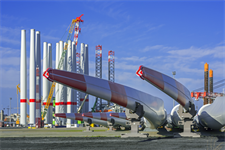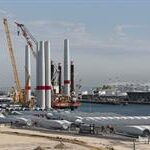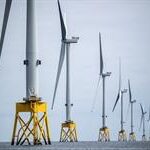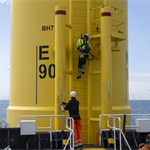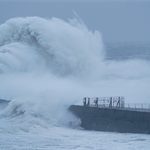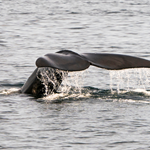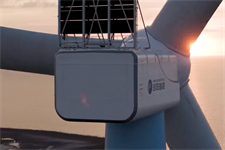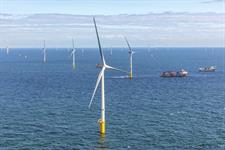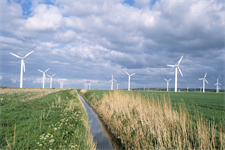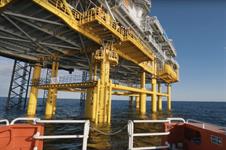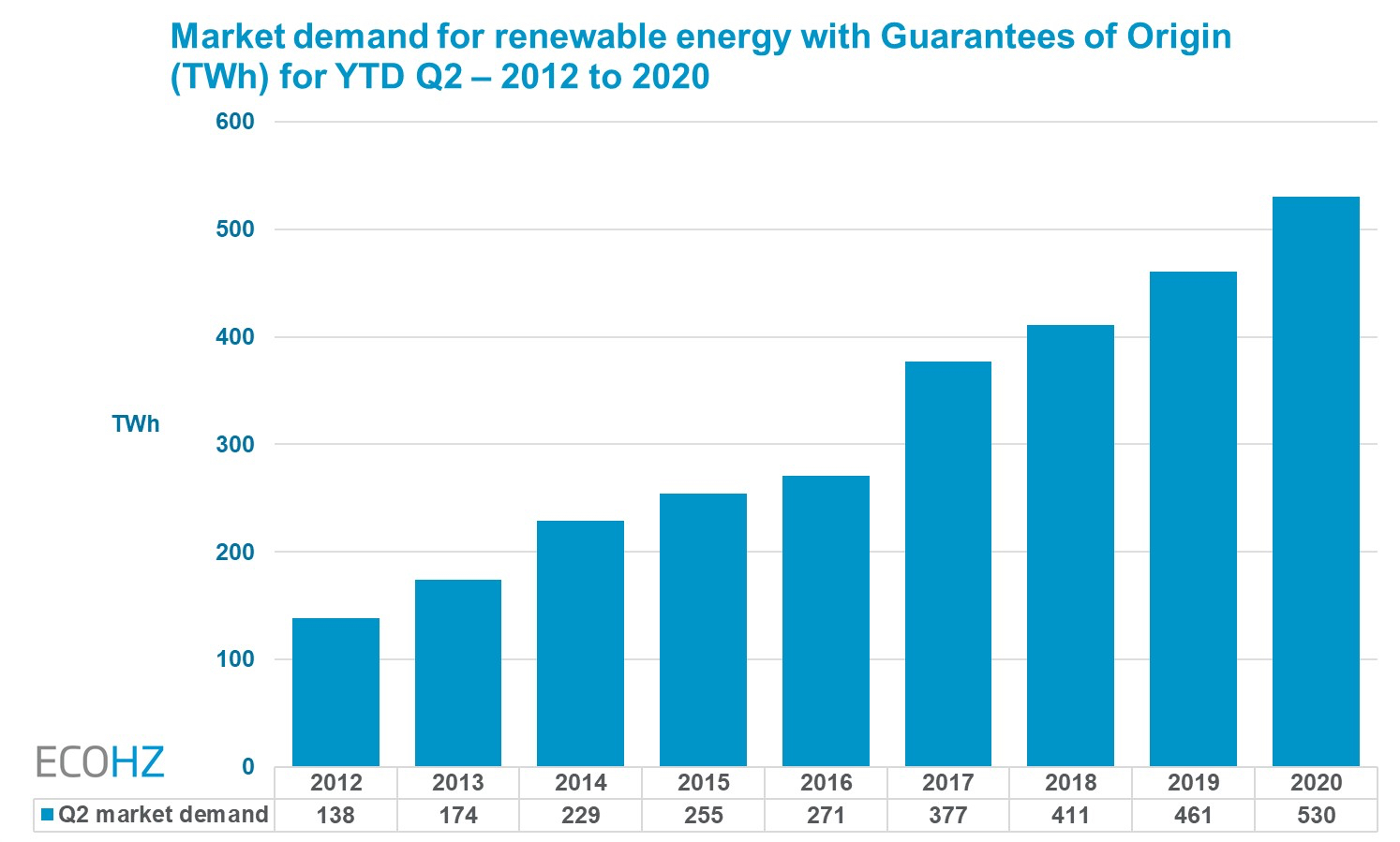EU transport network plans ‘risk penalising offshore wind ports’ – WindEurope
Energy Disrupter
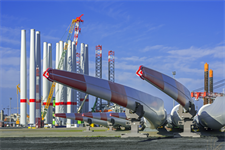
Industry bodies WindEurope and the European Sea Ports Organisation (ESPO) argued that the trans-European transport network policy (TEN-T) rules, which are subject to ongoing revision, are effectively punitive against the wind industry because they fail to reward its positive impact on sustainable development.
Specifically, they pointed out, tonnage was the only metric currently being used to judge which ports would qualify for TEN-T status. This would negatively impact businesses switching to renewables including wind from hydrocarbons because doing so would likely entail a reduction in the tonnage handled.
“With an ongoing revision the EU wants its TEN-T to better support the transition to a cleaner, greener and smarter mobility in line with the European Green Deal. This will only succeed if the eligibility criteria for TEN-T don’t penalise offshore wind ports,” the bodies stated.
Isabelle Ryckbost, secretary general of ESPO, said: “The role some ports in Europe are playing in the development, the supply and value chain of the offshore wind energy is immense but cannot be measured in terms of tonnes – the current sole criterion to be a TEN-T port.
“The same counts for other new energies. ESPO believes it is time for the TEN-T policy to understand and reflect that the energy transition has a major impact on supply chains, connectivities, transport modes and port infrastructure,” she added.
Under the European Green Deal plans for carbon neutrality by 2050, offshore wind needs to expand 19-fold in EU member states — from the 16GW currently installed to 115GW — by the end of the decade. This requires huge investment in port infrastructure.
“Ports are essential logistics hubs for offshore wind. We can’t build out offshore wind without also expanding and upgrading Europe’s port infrastructure. TEN-T must acknowledge that,” Giles Dickson, CEO of WindEurope, said.
Ports have long moved away from counting tonnage on its own and so the two bodies suggested the European Parliament should take the same stance, broadening the TEN-T rules to “recognise the vital role ports play in achieving carbon reduction through wind energy”.
The European Parliament holds a committee vote on the rules this week followed by a plenary vote.

